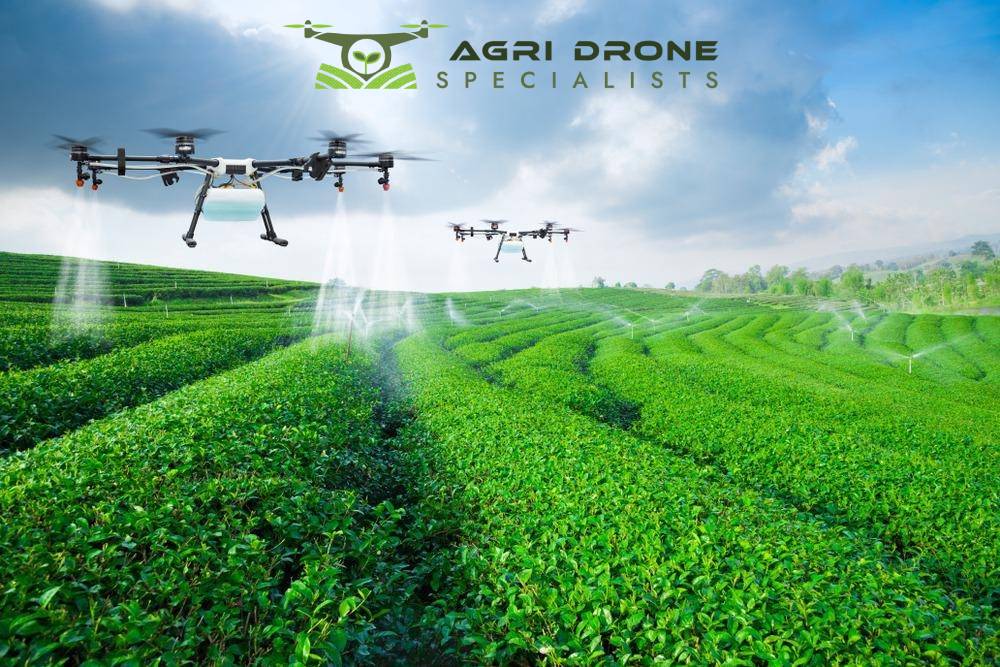Are you worried about pest management for your vineyard or vast farm? How about using technology in the form of drone services for agricultural purposes? Crop spraying drone services are equipped to economically, accurately, and sustainably help farmers contain disease and pests. Drone Services are revolutionizing the application of fertilizers or pesticides, providing the farmer with a faster and greener solution.
Let us discuss the changing landscape of pest management and learn about newer strategies, like the drone services that look at production and sustainability, helping shape the future of crop protection!
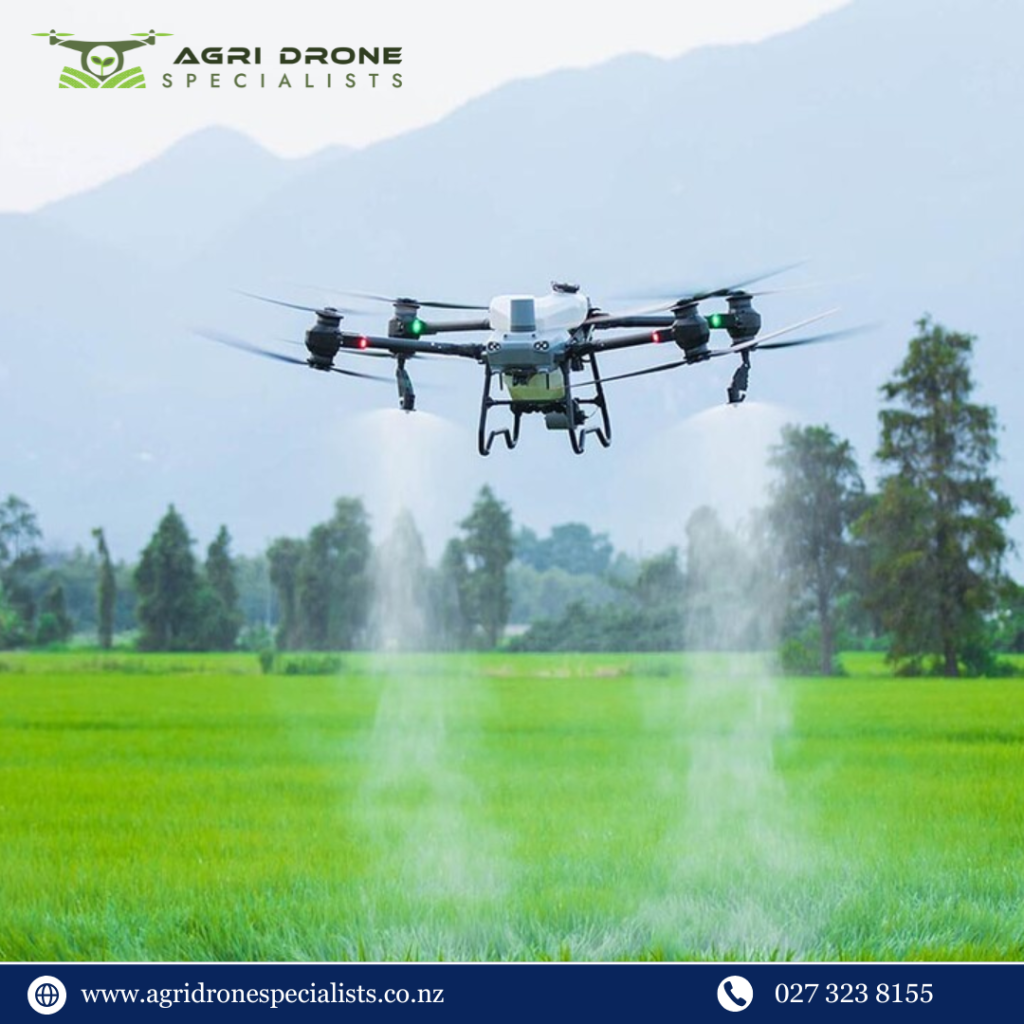
The Changing Face of Pest Management
Pest control in agriculture relied on broad-spectrum chemical pesticides sprayed onto whole fields via tractors or aircraft. While pest control methods represented a method of managing pests, in most cases, they destroyed the environment, caused pest resistance to pesticides, or wrought havoc on beneficial insects and nearby ecosystems.
Pesticide storage, fastidious tweezer extraction of early pest invasions, and dangerously high chemical levels are costly pest management methods on large-scale farms. Pest management today is no longer about wiping out bugs or whatever pests exist; it essentially means a healthy crop ecosystem where pests are monitored, controlled, and prevented with minimum disturbances.
Advanced Way of Managing Pest Control: What It Means Today
It means integrated, data-driven approaches that do much more than spraying a field and hoping for the best. These include:
• Monitor and detect early utilizing sensors, satellite imagery, and drones.
• Treatment only when a threshold gets surpassed, meaning pesticides would only be sprayed when the pest level would economically cause damage.
• Apply with perfection: Precise pesticide application in the correct area rather than targeting other areas.
• Green alternatives that may include beneficial insects or organic pesticides.
• Automated solutions that do away with manual labour under dangerous conditions.
This approach is more about ensuring pests do not cause damage to soil health, crop yields, and the environment in the long term.
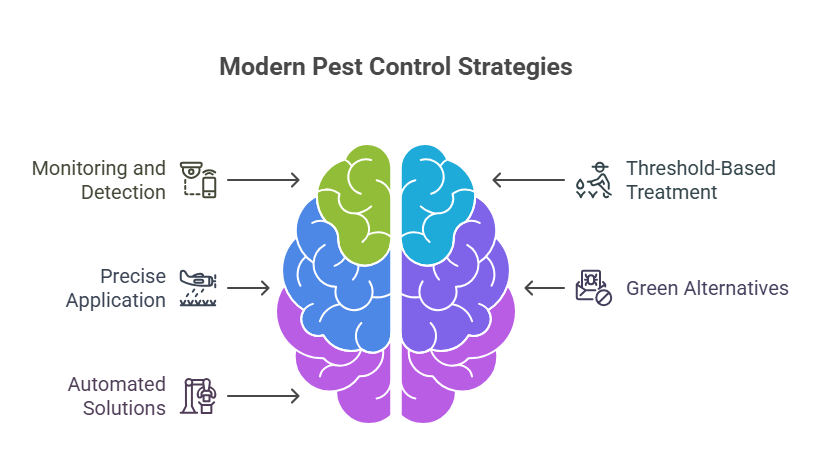
The Rise of Drone Technology in Pest Management
The most far-reaching advancement in this area is the use of drones. Crop spraying drone services have become the favourite avenue for the modern farmer attempting to maximize insect control. Among the advantages the drones exhibit are as follows:
1. Precise Targeting
Unlike typical sprayers, drones can accurately identify zones and spray them for pests. It reduces chemical use, prevents over-application and runoff, and preserves beneficial insects to an extent.
2. Access Inverse Terrain
Drones can fly over and spray effectively without damaging crops, whether vineyards, steep slopes, wet soil, or dense vegetation.
3. Speed and Efficiency
A drone can survey extensive areas in a significantly shorter duration than traditional manual techniques. It becomes crucial when pest outbreaks occur, and timing matters for preventing crop loss.
4. Data Collection Integration
Drones for agricultural purposes are fitted with multispectral cameras and sensors to monitor plant health. The insights help in targeted spraying operations, ensuring precise use of chemicals at the correct places.
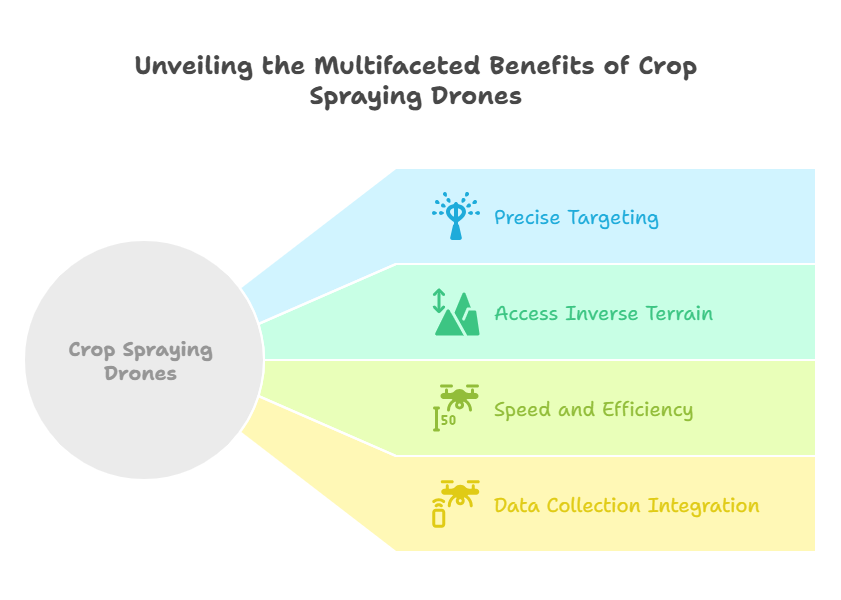
Eco-Friendly Alternatives in Pest Management
Although drone spraying is exceptionally effective, as farmers increasingly turn to more sustainable control methods, these are often utilized in conjunction with drone services and encompass:
1. Biological Control
It is about utilizing parasites or natural predators to control pest populations. Ladybugs, for instance, will go after aphids, and Trichogramma wasps can help curb caterpillar pest infestations.
2. Companion Planting
Certain crops repel pests when sown alongside each other. For example, marigolds tend to repel nematodes.
3. Pheromone Disruptors
Interfere with pest mating behaviour and reduce pest reproduction without harmful chemicals.
4. Organic Pesticides
These pesticides come from natural sources, can be broken down naturally, and are usually less harmful to non-target species. Therefore, they are an excellent alternative for organic certification.
Drone technology complements all the above methods in minimizing chemical usage and administering treatments only when and where they are necessary.
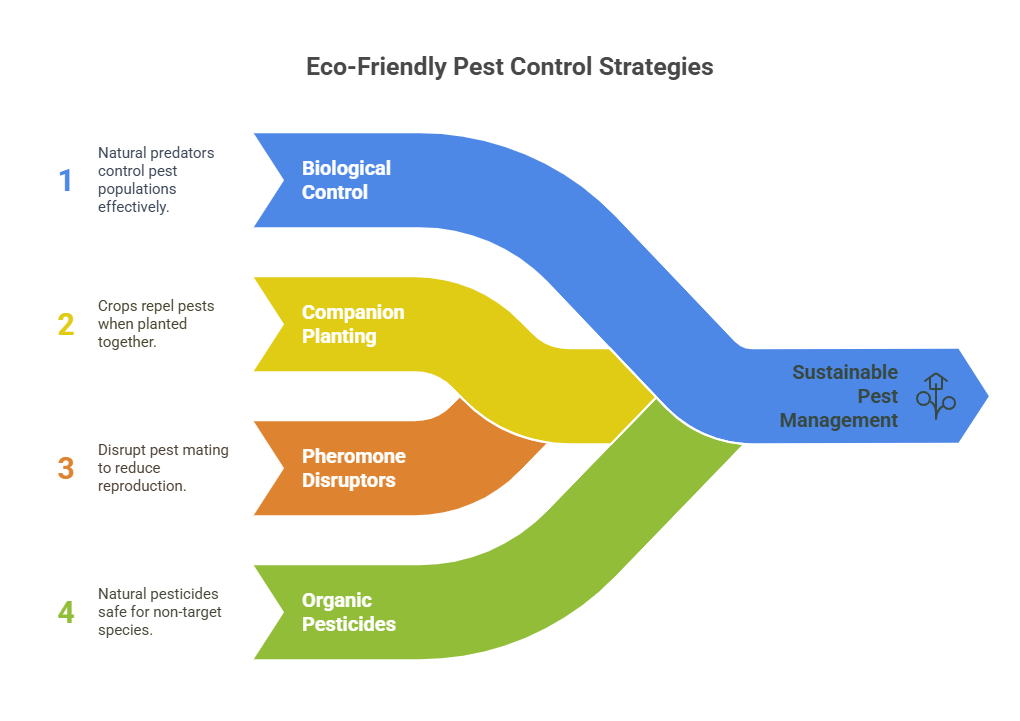
Real-World Application: Drone Assistance for Agricultural Success
In a real-life scenario, a vineyard manager finds signs of a fungal infection developing in a small vineyard area. Instead of spraying fungicide over the entire property, a drone fitted with imaging sensors flies over the vineyard and identifies the exact affected vine location areas. The crop spraying drone services can help treat specific zones, thus saving time, chemical usage, and environmental impact.
Pest and disease control in vineyards are increasingly becoming precise, reactive, and data-driven.
Challenges and Considerations
There are challenges in the emergence and infiltration of drone spraying services:
• Regulatory hurdles: Different countries have different rules regarding drone usage for chemical spraying.
• Initial Investment: These upfront costs can be prohibitive for smaller farms, even though there is a nice ROI over time.
• Adverse weather conditions, like wind or rain, may impede drone operations.
• Technical skill requirement: Drones must be operated by professionals with relevant training to ensure safety and efficacy.
If drone technology becomes more accessible and governments recognize their role in sustainable agriculture, these challenges can become easier to navigate.
The Future: Integrating Drones into Mainstream Farming
Integrating drones for pest management is not a fancy concept. It is an unavoidable evolution. In the future, drone systems will get more intelligent and autonomous with data analytics, AI, and machine learning. Farmers can predict pest outbreaks, simulate scenarios, and manage complete ecosystems from smartphones or tablets.
In addition, merging Drone Services for Agriculture with other advanced solutions, like soil health monitors and weather forecasts, will herald an entirely new era- farming by insight rather than reaction.
Helping Your Farm with Agri Drone Specialists
At Agri Drone Specialists, we understand the uniqueness of each farm and the peculiarity of its pest control needs. Our services involving Crop Spraying Drones are geared toward delivering apt, efficient, and sustainable treatments for your particular crop and terrain. Whether in the event of an emergency pest infestation or for the ongoing practice in pest control, our team can help you design and implement drone integration, from planning through deployment.
We combine modern drone technology with a deeper understanding of agricultural life to help farmers make better-informed decisions, cut waste, protect yields, and remain environmentally compliant.
Are you looking to future-proof your farm or vineyard’s pest management?
Let Agri Drone Specialists show you how Drone Services for Agricultural can make your crops healthier, operations effective, and farming more sustainable.

